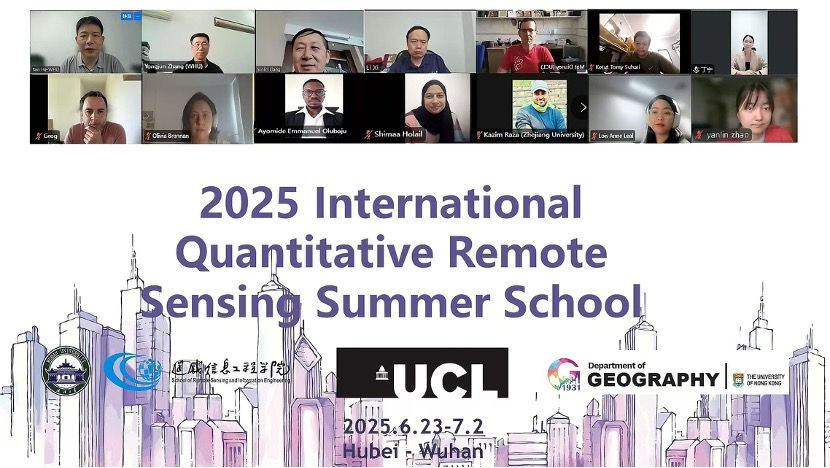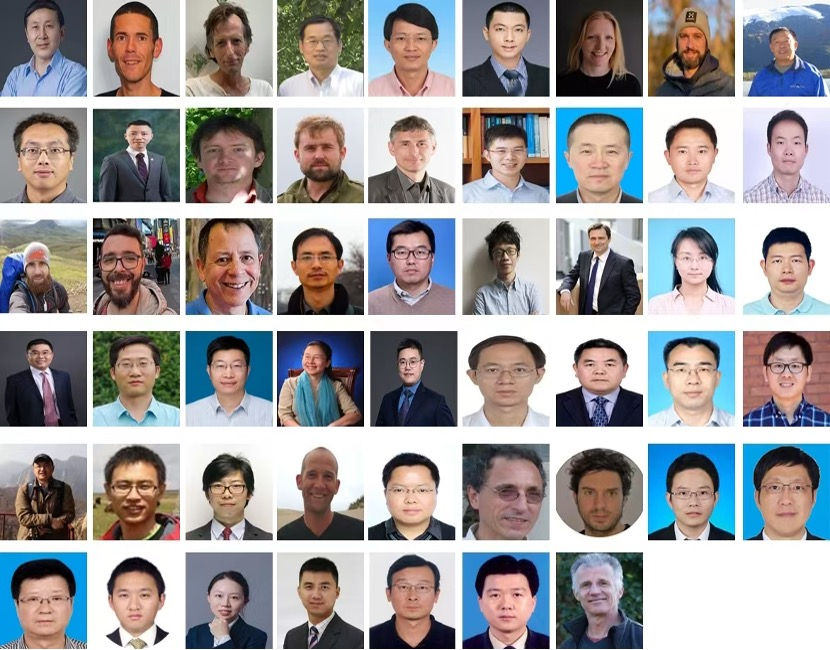HKU Geography Co-organizes the 2025 International Quantitative Remote Sensing Summer School
- Aug 13, 2025
- 1 min read
23 JUN 2025


The Department of Geography at The University of Hong Kong (HKU), in collaboration with University College London (UCL) and Wuhan University, co-organized the 2025 International Quantitative Remote Sensing Summer School, which commenced on 23 June 2025 in Wuhan. Initiated by Professor Shunlin Liang, Head of HKU Geography, the programme aims to “focus on the frontier and integrate internationally,” fostering talent cultivation and global academic exchange in quantitative remote sensing.
This year’s summer school attracted over 2,000 participants from the global remote sensing community, including undergraduates, postgraduates, young faculty, and industry professionals. Among them, 214 international participants represented more than 20 countries and regions, such as the United States, the United Kingdom, France, Germany, Australia, and Singapore.
Over ten days, the programme offers 52 lectures (23 in English and 29 in Chinese) covering five core topics: remote sensing data processing, quantitative retrieval of land surface carbon fluxes, radiation energy balance, monitoring of key water cycle variables, and cutting-edge applications. The teaching team features leading scholars from over 30 world-class universities and institutes, including Cambridge, Edinburgh, Ghent, Toronto, Copenhagen, Sydney, Peking University, the Chinese Academy of Sciences, and HKU.
With live streaming on Bilibili and KouShare Academic Platform attracting wide public attention, the summer school has strengthened its academic influence and global reach. HKU Geography will continue to work with UCL, Wuhan University, and other leading institutions to promote interdisciplinary collaboration, train globally competitive talent, and contribute to climate change research and sustainable development.







![[Taster Seminar] Counsellors Session - Social Science](https://static.wixstatic.com/media/21d32f_043a0d4793854de1b81f67714650c3fd~mv2.jpg/v1/fill/w_980,h_551,al_c,q_85,usm_0.66_1.00_0.01,enc_avif,quality_auto/21d32f_043a0d4793854de1b81f67714650c3fd~mv2.jpg)
Comments